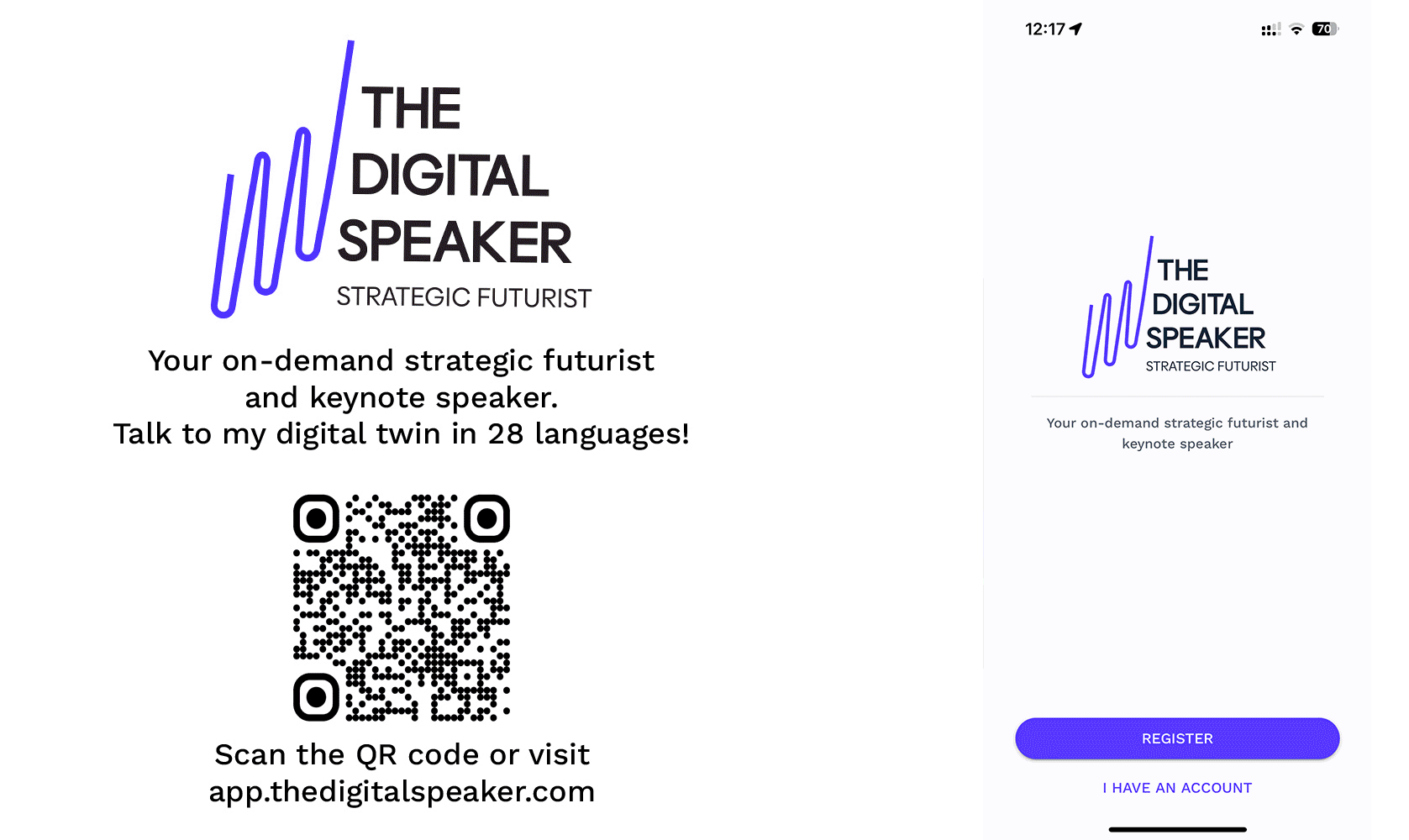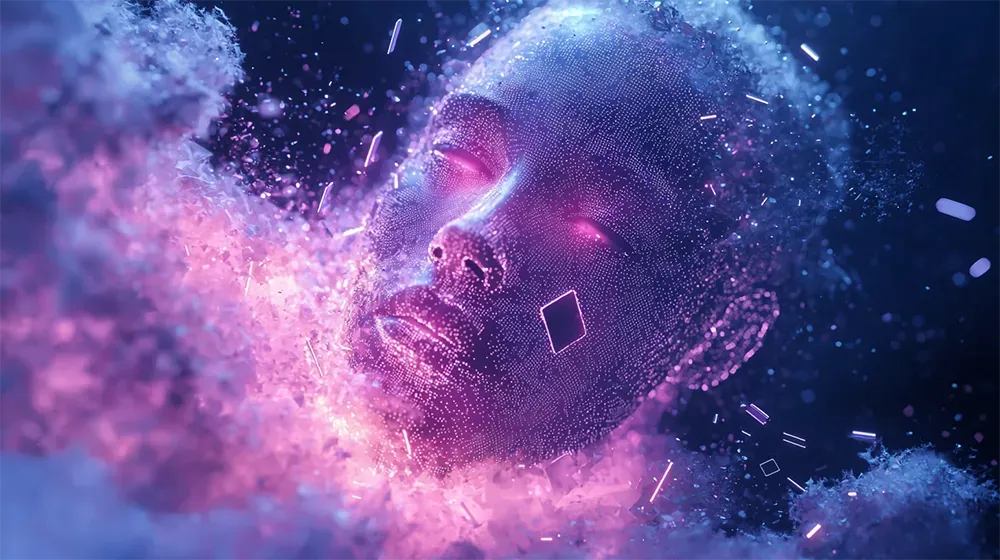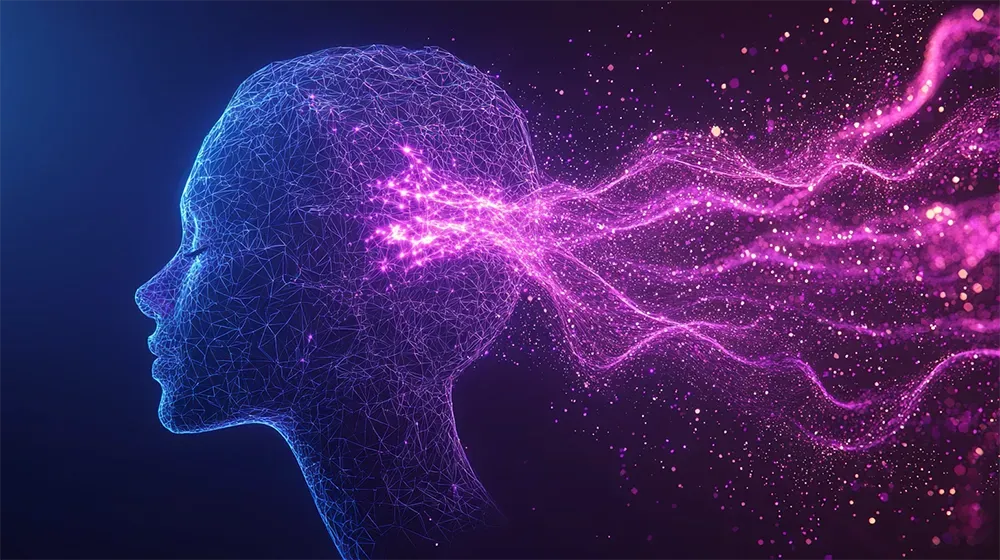AI in Academia: The Endless Cheat Code?

When both students and teachers rely on AI, has education itself become a game of deception?
The rise of AI in academia is forcing universities to confront an unsettling reality: the integrity of education is under siege. Tools like ChatGPT enable students to generate essays and complete assignments with unprecedented ease, leading to widespread cheating that traditional detection methods struggle to combat.
At Arizona State University (ASU), writing program director Kyle Jensen faces the daunting task of preparing 23,000 students for a world where AI can do their homework for them. The challenge is twofold: not only must educators learn to detect AI-generated content, but they must also rethink how they teach and assess students in this new era.
The problem is exacerbated by outdated teaching methods. Assignments that follow rigid, formulaic structures are particularly vulnerable to AI exploitation. Students can easily generate credible papers by feeding prompts into AI tools, while overburdened faculty, tasked with grading large volumes of work, often resort to giving feedback that is almost as formulaic as the essays themselves. This creates a feedback loop where both students and teachers are engaged in a process that feels increasingly detached from genuine learning.
Jensen, who co-runs a National Endowment for the Humanities and funded a project on generative AI literacy, is among the few educators trying to turn the tide. He believes that instead of banning AI tools, universities should incorporate AI into the learning process to help students understand both their potential and their limitations. For example, in ASU’s Learning Enterprise program, students not only study AI as a contemporary phenomenon but also use AI tools to critique and improve their writing, culminating in reflections on the AI-assisted learning process.
However, not all educators are as optimistic. A writing professor from Florida describes how AI has nearly destroyed the integrity of online classes, with students using ChatGPT even for simple tasks like introducing themselves in 500 words or fewer. This rampant misuse of AI has led to a breakdown in trust between students and teachers, with some educators becoming so disillusioned that they consider leaving the profession altogether.
The arms race between AI-generated content and detection tools continues, with companies like OpenAI exploring methods like watermarking (but refusing to release it) to identify AI-created text. But these solutions offer only temporary relief.
As one professor puts it, "deploying more technologies to combat AI cheating will only prolong the student-teacher arms race." Instead, the focus should be on evolving the educational system itself and incorporating AI tutors. By updating how writing is taught and assessed—such as assigning shorter, more specific tasks—educators can reduce the temptation to cheat and foster a learning environment where AI is a tool for enhancement rather than a shortcut to success.
As universities worldwide grapple with these challenges, the question remains: Can academic institutions evolve fast enough to maintain the relevance and integrity of education in the AI era?
Read the full article in The Atlantic.
----
💡 If you enjoyed this content, be sure to download my new app for a unique experience beyond your traditional newsletter.
This is one of many short posts I share daily on my app, and you can have real-time insights, recommendations and conversations with my digital twin via text, audio or video in 28 languages! Go to my PWA at app.thedigitalspeaker.com and sign up to take our connection to the next level! 🚀

If you are interested in hiring me as your futurist and innovation speaker, feel free to complete the below form.
Thanks for your inquiry
We have sent you a copy of your request and we will be in touch within 24 hours on business days.
If you do not receive an email from us by then, please check your spam mailbox and whitelist email addresses from @thedigitalspeaker.com.
In the meantime, feel free to learn more about The Digital Speaker here.
Or read The Digital Speaker's latest articles here.





